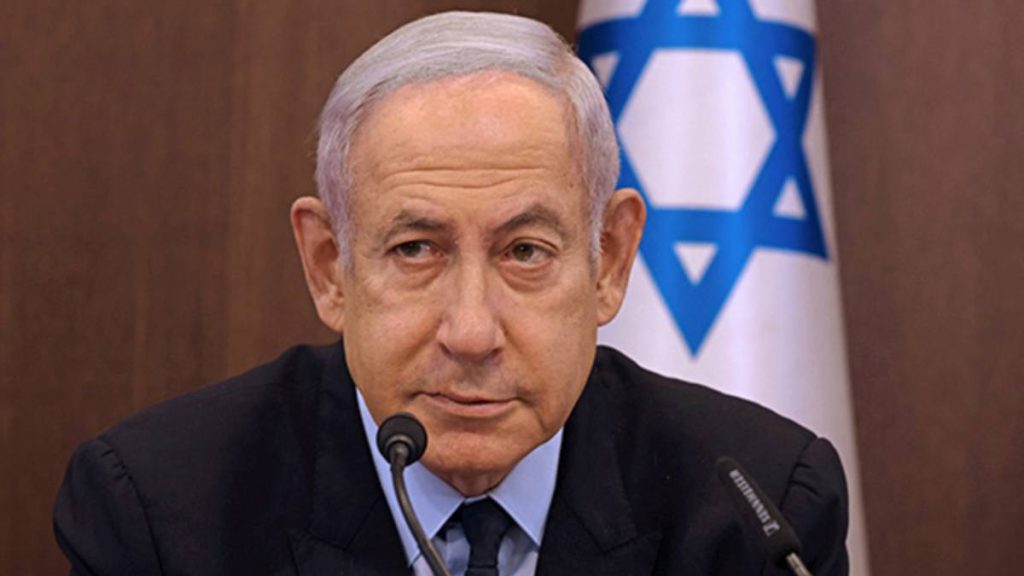Israeli Prime Minister Benjamin Netanyahu on Thursday announced that he has approved the Israel Defense Forces’ (IDF) plan to take control of Gaza City, while simultaneously instructing officials to begin immediate negotiations for the release of hostages held by Hamas, according to Times of Israel.
In a pre-recorded statement filmed outside the IDF’s Gaza Division headquarters, where he met Defence Minister Yoav Gallant and other senior military officials, Netanyahu said: “I came today to the Gaza Division in order to approve the plans that the IDF presented to me and to the defence minister for taking control of Gaza City and for defeating Hamas. At the same time, I instructed to begin immediate negotiations for the release of all our hostages and for ending the war under conditions acceptable to Israel.”
The remarks come just days after Hamas said it had agreed to a ceasefire proposal that would see half of the hostages released, paving the way for broader negotiations. Israel had previously signalled openness to a similar framework but Netanyahu has insisted that the fighting would only end as part of a comprehensive deal covering all 50 remaining captives.
While Netanyahu has not formally rejected the proposal, it remains unclear whether his comments mark a shift in Israel’s negotiating stance. A spokesperson for the Prime Minister’s Office said there were no immediate plans to dispatch an Israeli delegation, though a senior official later confirmed that envoys would be sent once a venue for the talks was determined.
The proposal, reportedly advanced by US Special Envoy Steve Witkoff, envisions Hamas releasing 10 living hostages and the bodies of 18 slain captives in exchange for a 60-day ceasefire and the release of hundreds of Palestinian prisoners. During the ceasefire, negotiations would continue for a permanent end to the conflict and the release of the remaining 22 hostages.
Netanyahu’s dual message—endorsing a military offensive while leaving the door open for talks—highlights Israel’s twin-track approach of pursuing military pressure alongside mediated negotiations, as Arab and Western officials work to advance a ceasefire deal.
